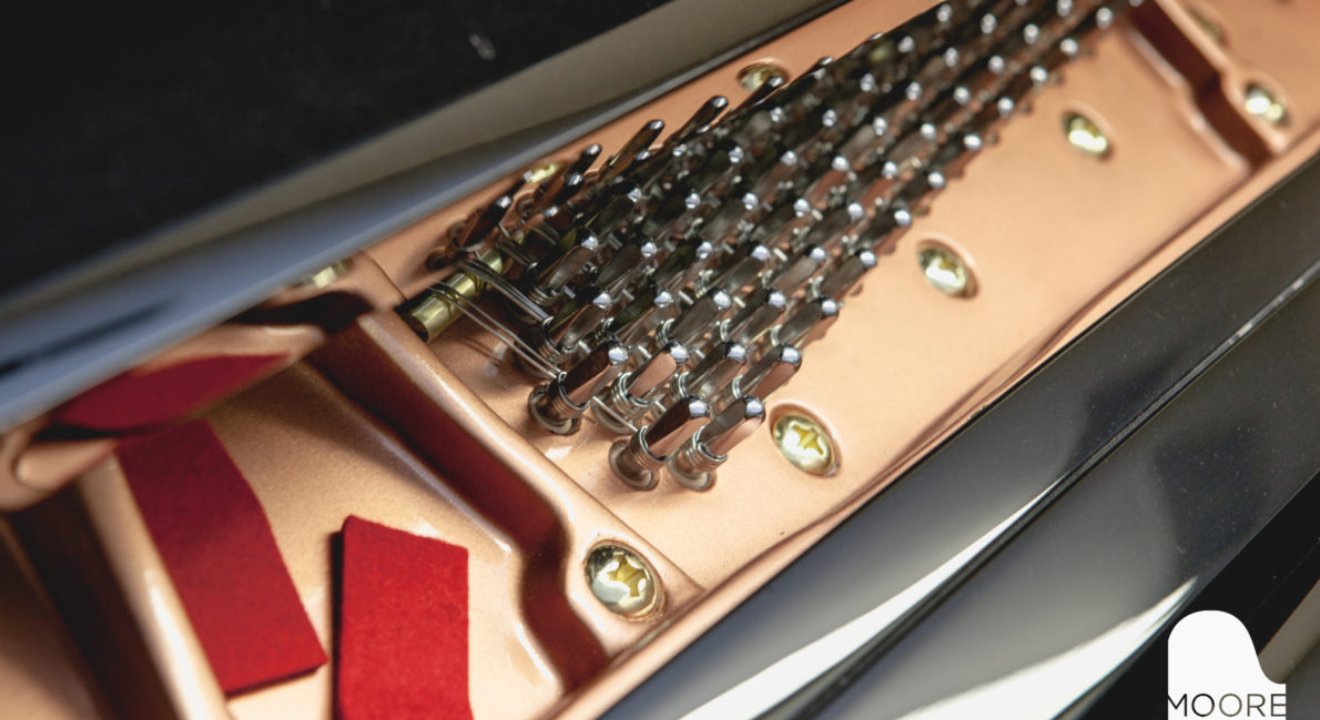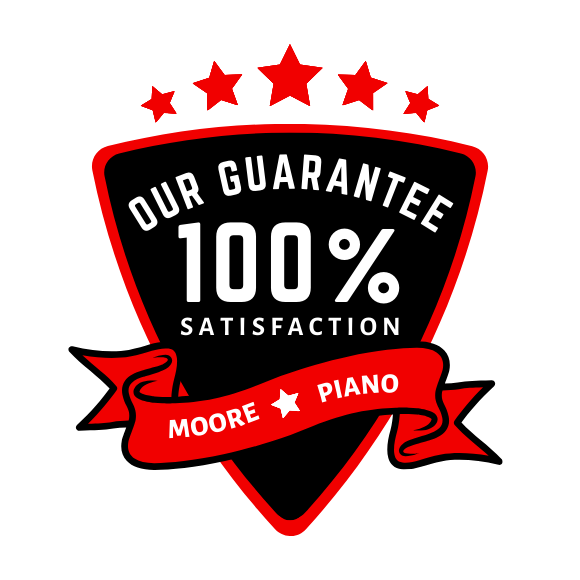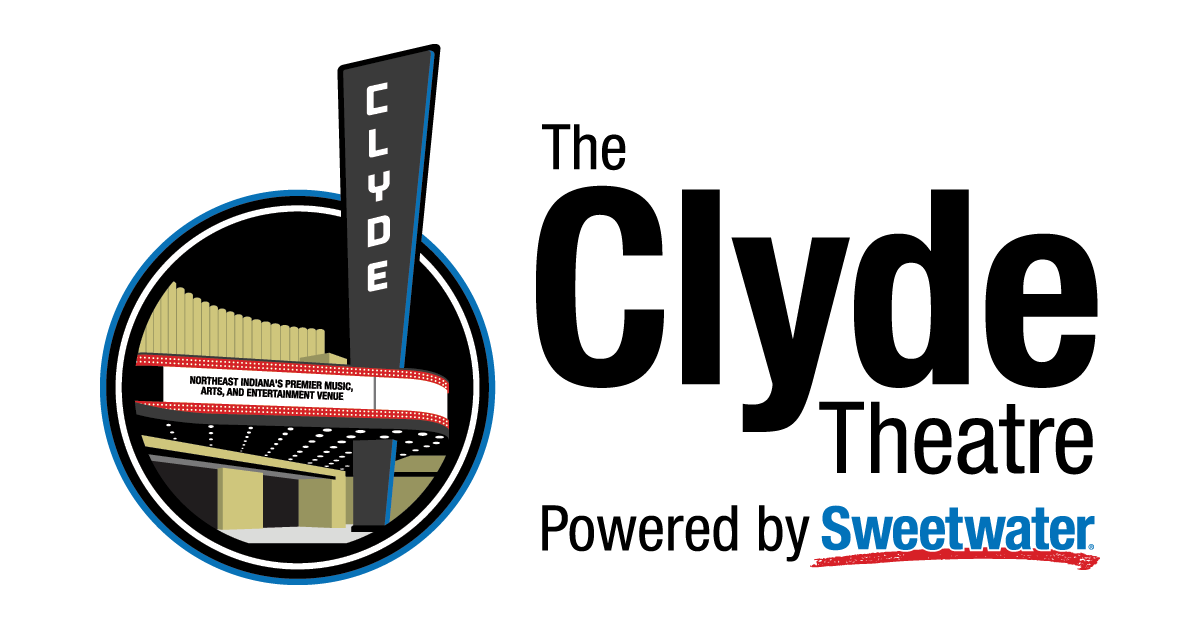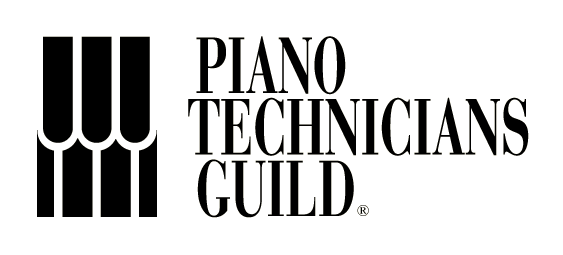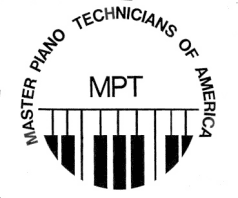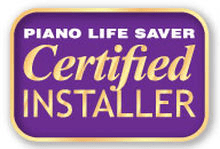How Humidity Affects Pianos
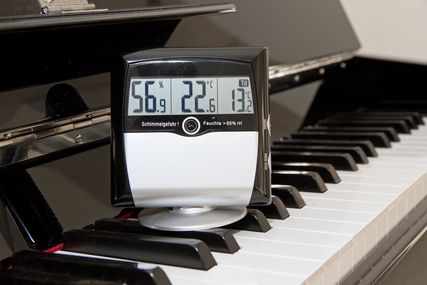 Your piano undoubtedly is one of your prized possessions, and you want to ensure that it will make beautiful music for a long time to come. That will require attention and care on your part. You’ll need to maintain it by cleaning it properly and having it tuned when necessary.
Your piano undoubtedly is one of your prized possessions, and you want to ensure that it will make beautiful music for a long time to come. That will require attention and care on your part. You’ll need to maintain it by cleaning it properly and having it tuned when necessary.
In a previous post, we discussed how crucial it is to control the humidity in your home so that your piano’s lifespan isn’t accidentally, dramatically shortened. Now, we want to explain how pianos are affected by humidity and why it is important to control the humidity around a piano.
What Will Humidity Do to My piano?
All of the materials that are used in piano construction, including, felt, cloth, leather, and, of course, wood , are extremely sensitive to humidity. Wood breathes, stretches, and flexes in response to fluctuations in humidity, the amount of moisture in the air. Your piano needs a constant ideal humidity (40-50%) so that its tone, pitch, and quality of action can be maintained and so that it doesn’t become damaged.
How Humidity Affects Pitch and Tone
The piano’s soundboard is the largest piece of wood in the instrument, is approximately 3/8” thick, and acts as the piano’s speaker. It has a slight upward curve, known as the crown. The piano’s strings, bridge, and soundboard must be in tension together. The strings pass over the soundboard and are connected to it by the piano’s bridge.
The soundboard’s crown presses the bridge against the strings. This ensures the piano’s proper tone. The strings, bridge, and soundboard are aligned precisely to achieve this, and the slightest change in the tension will alter the piano’s tone.
When the humidity drops, the soundboard shrinks and flattens, lowering the tension on the strings. This causes the piano’s pitch to become flat, and you will need to have a piano technician complete a pitch raise to fix the pitch before you can fine tune the piano. Conversely, when the humidity rises, the soundboard absorbs moisture, making it swell.
When the soundboard swells, the crown increases, and so, too, does the pitch, which becomes sharp. Fluctuating humidity also will eventually result in pressure ridges and cracks in the soundboard, which will render the piano unplayable.
How Humidity Affects Quality of Action
A piano’s “action” refers to the process that begins with the key (or keys) that you hit with your fingers and ends when the hammer (or hammers) strike the string(s). A piano’s quality of action is diminished when changes in humidity affect the precision to which all of these parts have been adjusted (in a process called “regulation”).
When humidity is high, its keys may respond slowly to your pressing them, or they may become stuck down. When the humidity is low, and the air is dry, the keys may rattle or become noisy. The piano’s wooden parts can shrink due to dryness and become loose and move around, leaving them more susceptible to damage.
How Humidity Affects Piano Strings
Piano strings are coiled around tuning pins that are driven into holes in a multilayered piece of wood called the “pinblock.” Each pin is slightly larger than the hole it is in; the tight fit makes it possible to tune the piano. An increase in humidity means that the pinblock swells, and the fit of the pins is so tight that a technician can’t turn them easily.
When the humidity drops, the pinblock shrinks, and the pins become loose in their holes, which means that the piano will not stay in tune for long, or it will become untenable, which means that you will need to replace the pinblock or the piano itself. Changing humidity can also result in the layers of wood in the pinblock to delaminate and crack. The cost of repairing the pinblock can often exceed the value of the piano.
Fluctuations in humidity can also cause the strings to rust and corrode over time, and the pins to rust. A hardened bond forms where the rusted strings wrap around the rusted pins. When a technician attempts to tune the piano and turns the pins to stretch the strings, they will snap.
Beware of Dryness, too!
We’ve mentioned some of the adverse effects of low humidity, and want to underscore this point. Humidity can damage pianos, and so can dryness. In naturally dry climates, the piano’s wood has enough of its own moisture to prevent it from drying out.
When the piano becomes dry because of heating or cooling systems used in homes, the wood and other parts of the piano can shrink, and crack. The soundboard, joints, and laminated parts of the piano may separate if the glue holding them together dries out.
Do you need to have your piano tuned, cleaned, repaired, or restored? Contact Moore Piano today to schedule an appointment . If you are a first-time customer, we’re happy to offer you $25 off the price of services.
The post How Humidity Affects Pianos appeared first on Moore Piano.
The Unmatched Piano Blog
